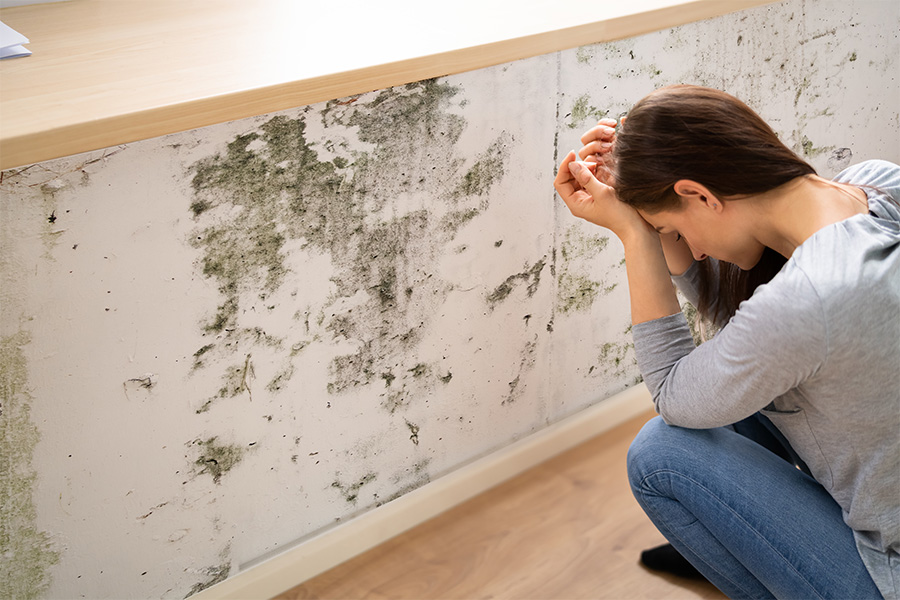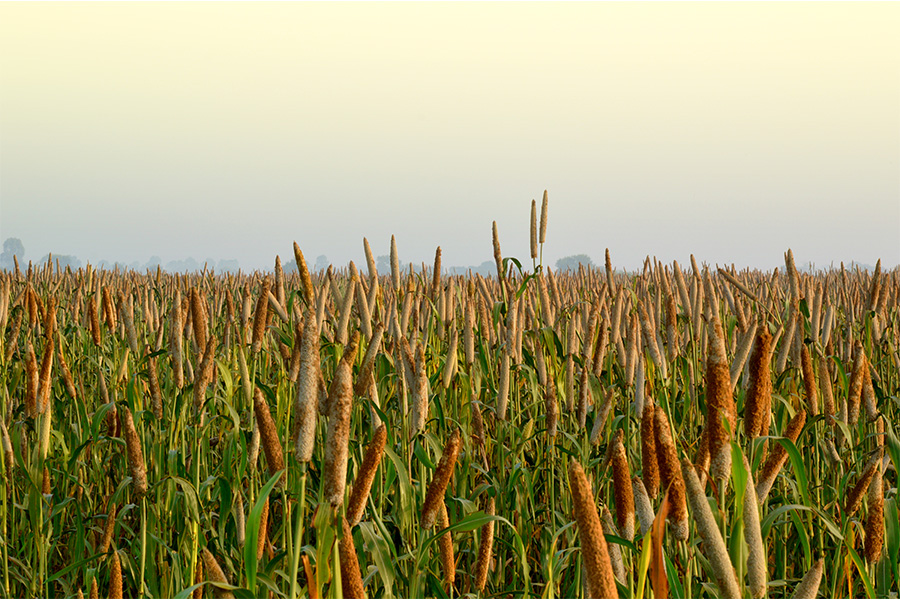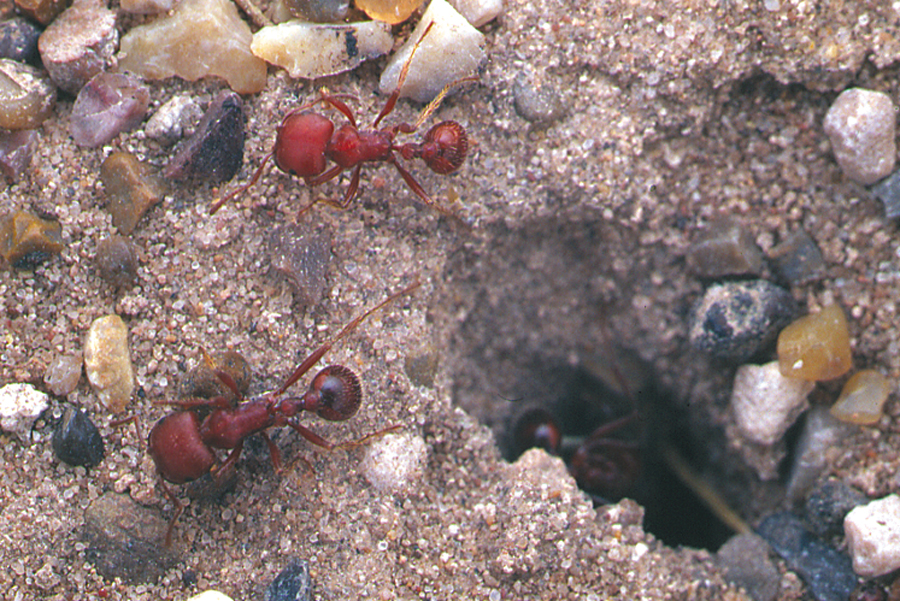-

C 1047-1
Preventing Mold in Your Home
Mold in your home is not only unsightly, it can also cause health problems. If you have mold growing in your home, you may experience allergy-like symptoms, asthma attacks, or other negative health effects. No one wants to live in a home with mold, but unless preventative steps are taken, mold can go from being an unwanted visitor in your home to a permanent resident.
Molds are fungi that reproduce by releasing spores into the air. Given the right conditions, the spores settle onto surfaces and begin to grow. They are a natural part of the environment. You can’t eliminate them, but you can prevent them from becoming a problem in your home.|
-
Fertilizer injectors are devices used to apply water-soluble fertilizers, pesticides, plant growth regulators, wetting agents and mineral acids during crop production. They are a vital part of modern greenhouse or nursery operations. Despite the advantages, many growers have had at least one experience with a compromised, damaged or even ruined crop where the cause was traced to a malfunctioning injector. Just like other mechanical devices, proper and frequent maintenance and calibration are crucial steps to ensure optimal injector performance and, thus, healthy crops.
|
-

B 1216
Pearl Millet for Grain
Pearl millet (Pennisetum glaucum [L.] R. Br.) has a long history of use as a summer grazing and hay crop in the southeastern U.S. The recent development of new, adaptable and productive grain pearl millet hybrids in the Southeast gives crop producers a suitable alternative feed grain for dryland production.
|
-

Since only a small amount of water is available for human use, this publication was written to provide a broad-based discussion of how to protect our surface water resources.
|
-
Many farmers and gardeners use natural minerals and organic fertilizers rather than synthetic ones to build their soil. If you use organic materials as all or part of your fertilization program, this publication will help you calculate the proper amount to use from the recommendations provided by a soil test.
|
-

Imported fire ants interfere with outdoor activities and harm wildlife throughout the southern U.S. Ant mounds are unsightly and may reduce land values. Although fire ants do prey on flea larvae, chinch bugs, cockroach eggs, ticks and other pests, the problems they cause usually outweigh any benefits in urban areas. While it is not possible to eradicate this species, controlling fire ants is highly desirable. The best control programs use a combination of non-chemical and chemical methods that are effective, economical and least harmful to the environment.
|
-
This publication discusses general aspects of the copperhead snake.
|
-
This publication discusses tropic croton identification and control in cotton and peanut.
|